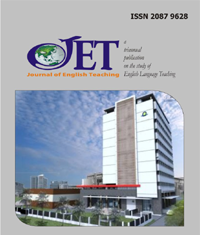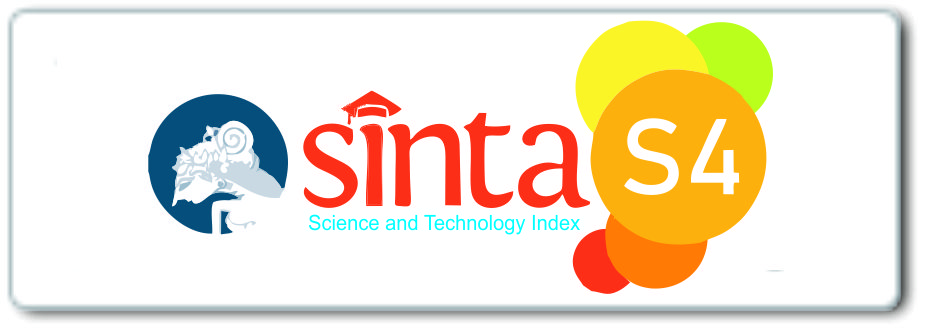Indonesian EFL Students’ Perceptions of the Cognitive, Affective, and Pedagogical Advantages and Challenges of Creative Writing
DOI:
https://doi.org/10.33541/jet.v10i3.7194Keywords:
Creative Writing, EFL Learners, Cognitive, Affective, PedagogicalAbstract
Research has shown the significant role of students' perceptions in learning as it correlates with their learning motivation, engagement, and achievement. Yet, research addressing students' perceptions of creative writing (CW) is still meager. This study aims at investigating English as a Foreign Language (EFL) students’ perceptions of cognitive, affective, and pedagogical advantages and challenges of CW. Employing an explanatory sequential mixed methods design, data were collected from 34 students of an Indonesian university through a survey and semi-structured in-depth interviews. The questionnaire for the survey was designed based on a framework incorporating established cognitive, affective, and pedagogical theories relevant to writing instruction. The quantitative data was analyzed using the descriptive and Spearman’s rho statistical operations in JASP 0.19.3 version. The qualitative data was analyzed thematically to elaborate and triangulate the quantitative data for in-depth analysis. The results show that the students have a positive perception, with various strength, of the cognitive, pedagogical, and affective advantages and challenges of CW and there is a moderate significant negative correlation between the students’ perceived advantages and challenges. This article ends with some pedagogical suggestions.
Downloads
Published
Issue
Section
License
Copyright (c) 2024 JET (Journal of English Teaching)

This work is licensed under a Creative Commons Attribution-NonCommercial-NoDerivatives 4.0 International License.
Copyrights for articles published in JET are retained by the authors, with first publication rights granted to the journal. The journal/publisher is not responsible for subsequent uses of the work. It is the author's responsibility to bring an infringement action if so desired by the author.





